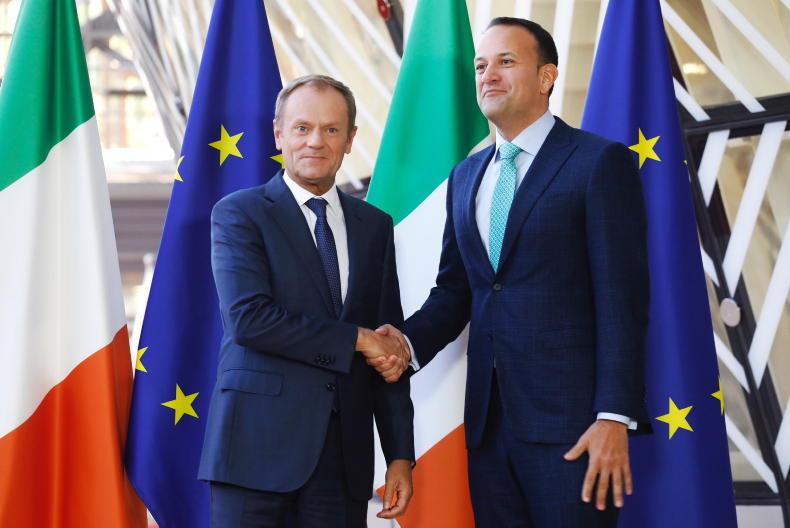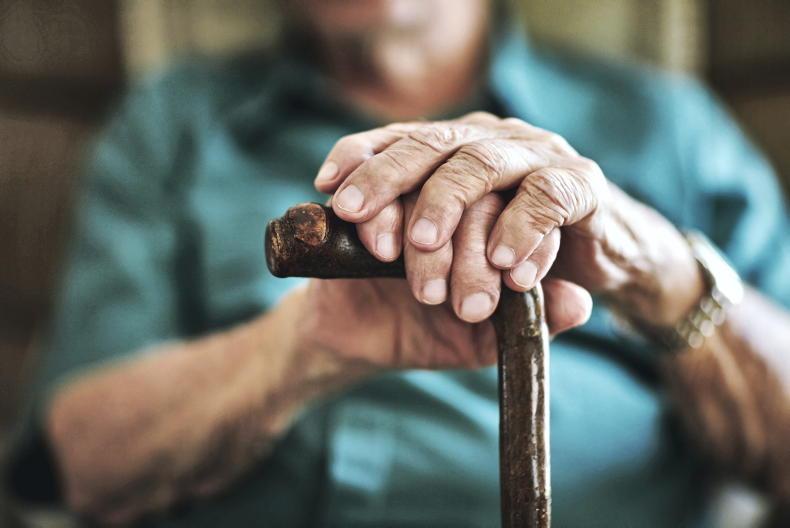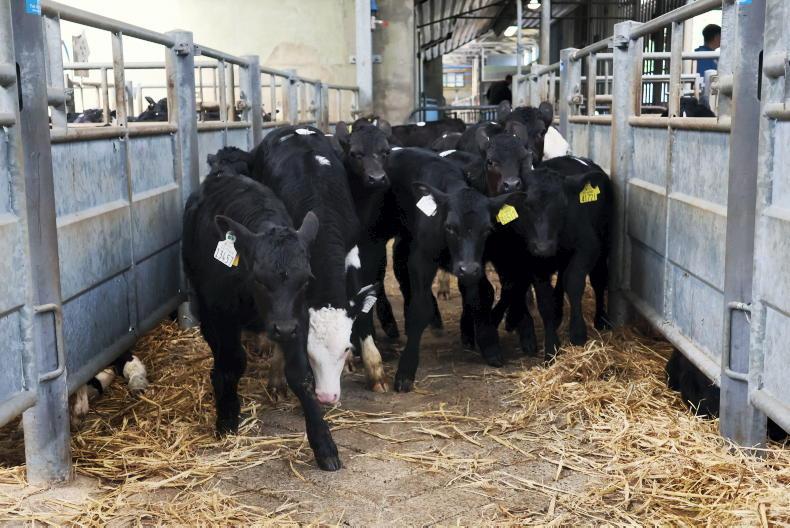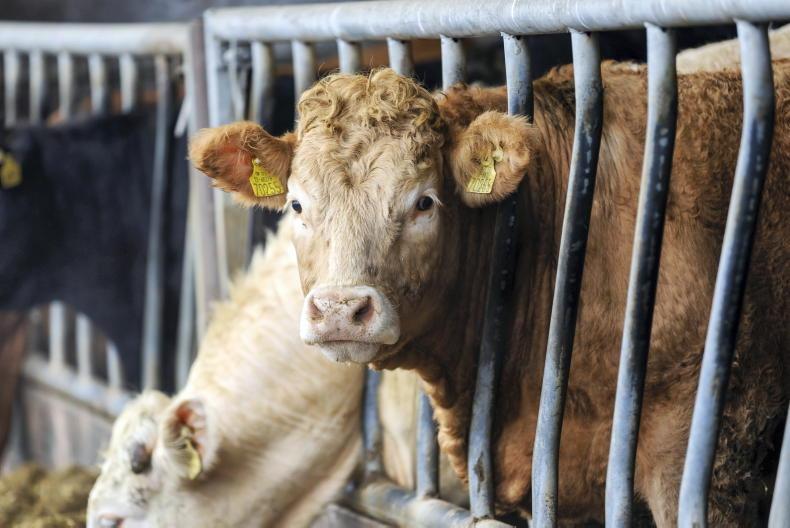It’s election season in Irish farming, but it’s always election season somewhere across the EU. The 27 member states have four or five-year term limits, and many governments fall short.
The pattern is one of change, with governments falling and failing. This pattern continued in Poland last week, but the result still bucked a recent trend, as it signified a shift away from the right, rather than towards the right.
The ruling Law and Justice party still has the most seats in parliament, but is unlikely to find willing coalition partners. Donald Tusk, the former president of the European Council of Ministers, seems set to lead a centrist coalition.
Frans Timmermans has just stepped away from the European Commission to attempt to deliver a left-of-centre government in the Netherlands.
He has been the bogeyman in the Commission for Irish farm organisations, and is now about to battle with Caroline van der Plas and the Farmer-Citizen party.
Meanwhile, Spain remains deadlocked since July’s poll, with another election now likely.
Impact
Does any of this matter to farmers? As one of the most regulated, and one of the most supported sectors, I’d say it absolutely does.
The council of ministers are the people who decide the CAP alongside the European Parliament and the Commission, and governments currently being elected might last the course until the business end of the 2027 CAP negotiations.
As for the Commission itself, every country will be selecting a new commissioner next year, and that is in the gift of the government of the day.
It’s not just in the EU either. As Lorcan Roche-Kelly reports on page 28, there’s been a shift in power in New Zealand. The governing Labour Party, floundering since the departure of Jacinda Ardern (although the slide had started in her last year in office) lost 28 of its 62 seats.
The National Party won the election, having committed to cut through some of the environmental regulation governing farming. We’ll have to see if it now walks the walk, and what changes will be made.
Political balance
A shift in the political balance among the EU’s governments could significantly alter the view around the CAP budget and how it should be spent.
The balance between food security and environmental programmes is a delicate one at the best of times, and in case you hadn’t noticed, these are not the best of times.
The council significantly altered the dynamic around the Commission’s proposals on the nature restoration law.
Government representatives are currently wrestling with the complex issue of the renewal of glyphosate’s licence, and the outcome will impact every farmer in the country next month.
Finally, the UK’s farmers might be starting to miss the EU, for all its ills. National Farmers’ Union leader Minette Batters has accused Jacob Rees-Mogg of attempting to destroy British farming when he declared he wants hormone-injected Australian beef.










SHARING OPTIONS